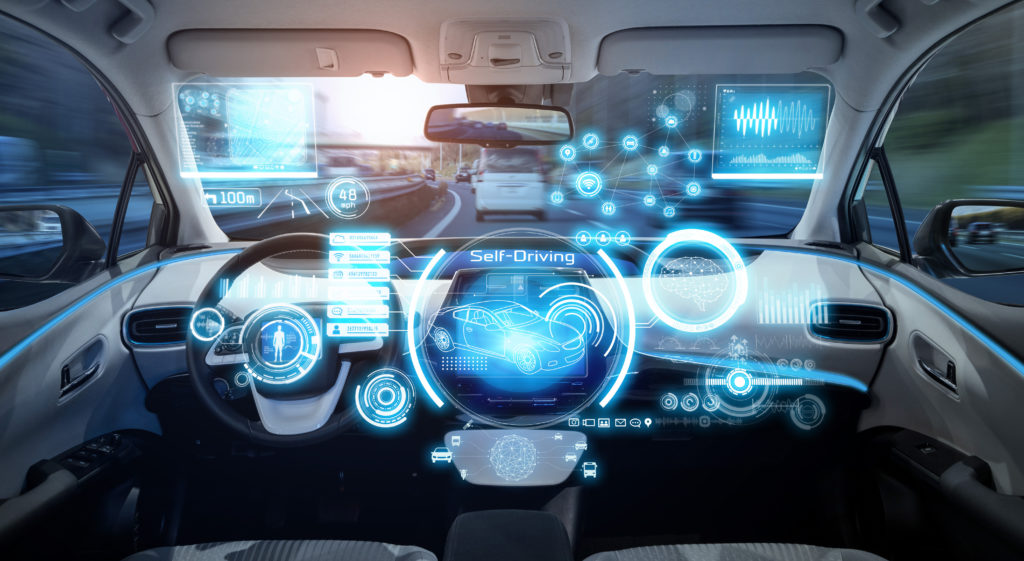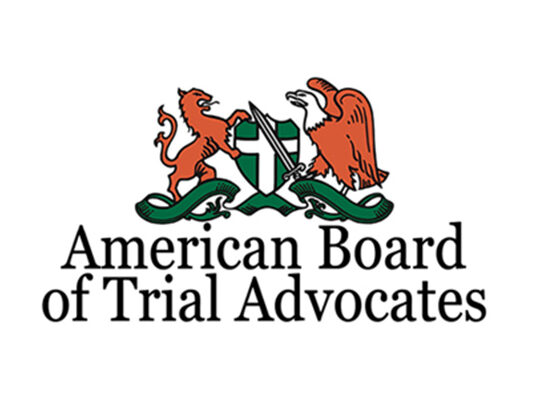Self-driving cars have made a debut in certain parts of the United States as more and more people embrace driverless car technology. These cars have several potential benefits. Unfortunately, they also pose a danger to other road users since driverless car technology is relatively new.
In Florida, the law doesn’t require drivers or passengers to be in a self-driving car while it is on the road. This law only applies to autonomous vehicles that can function without a human operator.
Proponents claim that allowing vehicles to operate without human operators is necessary to advance driverless car technology. However, most people are concerned about the safety of other motorists and pedestrians.
A recent news report revealed that there was a fatal accident that involved a self-driving Tesla. The car slammed into a tree and exploded. Although authorities claim they are still investigating the accident, there are speculations that no one was driving the vehicle.
This article will give you all the relevant information on self-driving cars and accidents. We will discuss the risks of self-driving cars, Florida law on self-driving cars, and liability in self-driving car accidents.
Risks of self-driving cars
No matter how advanced technology is, there may be glitches. Here are a few risks of self-driving cars.
- Unlike other cars that require a driver to be alert to avert accidents easily, drivers and passengers in self-driving cars have a false sense of security hence do not see the need to pay attention to the road. This lack of alertness can result in a car accident.
- There is a fire hazard since most self-driving cars have LI batteries that are highly flammable.
- Self-driving cars are prone to cyber-attacks where hackers remotely take over control of the vehicle.
- There may be technology glitches that can result in car accidents.
What is the Florida law on self-driving cars?
The Florida autonomous vehicle law became effective in July 2019. It allows individuals and corporations to put their self-driving cars on the road. Simply put, a driver or passenger doesn’t need to be in a self-driving car for it to be on the road. However, the laws on car accidents and liability are still relevant in the Florida autonomous vehicle law.
Liability
If you are involved in a self-driving car accident, you may suffer personal injuries that require medical attention. You have a right to claim damages from the liable party.
With other vehicles, liability in car accidents is dependent on the drivers. The law determines liability by looking at the drivers’ actions, i.e., which driver was negligent or violated traffic laws. The driver at fault is liable for the car accident.
With self-driving cars, proving liability is a little complex since there is no driver. Therefore, there is a need first to determine what caused the accident. There may be a need to investigate the cause of the accident thoroughly.
Depending on the determined cause of a self-driving car accident, the three parties that may be liable are the manufacturer, the owner of the vehicle, and maintenance providers.
Manufacturer
The manufacturer of a self-driving car may be liable in the following instances.
- When there is a hardware or software manufacturing defect.
The manufacturer can be held liable for an accident if there is proof that an unintentional hardware or software defect occurred when they built the vehicle.
- Substandard vehicle design.
The law requires all manufacturers to design self-driving cars to ensure the safety of passengers and other road users. If there is proof that the vehicle is of a substandard design, the manufacturer may be liable for the accident.
- Failure to give adequate instructions.
Manufacturers should provide consumers with adequate instructions on how to operate self-driving vehicles. Failure to do so, the manufacturer may be liable for accidents that occur.
Owner of the motor vehicle
The owner of a self-driving car may be liable in the following instances.
- Negligence
Owners of self-driving cars should only use them if it is safe. If the vehicle has hardware or software issues or the weather conditions are unfavorable, it should not endanger other road users by using it.
- Poor maintenance
Owners must properly maintain their self-driving cars. If they fail to do so and the vehicle causes an accident, they will be held liable.
Maintenance providers
Maintenance providers can be liable for self-driving car accidents if they conduct negligent repairs that result in a car accident.
Self-driving car accidents attorneys in Florida
If you or your loved one is involved in a self-driving car accident in Florida and suffers injuries, you should contact a car accident attorney. Self-driving car accident claims can be a bit complex, but our experienced attorneys will walk with you every step of the way to help you recover damages. Contact us today to set up an appointment.
Zimmet & Zimmet serves Daytona Beach, Ormond Beach, Orlando and all of Florida











